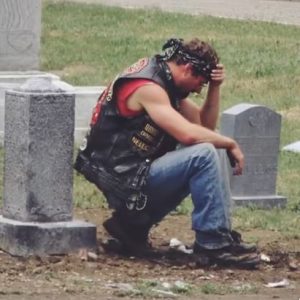If you’ve ever noticed a coin placed on a gravestone in a military cemetery, it’s not just a random act. It’s part of a sacred and deeply meaningful tradition that quietly honors fallen service members. Rooted in ancient customs and revived during the Vietnam War, this gesture emerged as a respectful way to say, “I remember you. I was here,” especially at a time when returning veterans faced public hostility.
During the Vietnam era, many veterans felt unwelcome upon returning home. Leaving a coin became a subtle but powerful method to pay tribute to those who served and to silently express solidarity and remembrance, especially when words often failed.
Each coin left behind carries a specific meaning. A penny simply means that someone visited the grave, showing the deceased has not been forgotten. It’s a basic but heartfelt acknowledgment of presence and respect.
A nickel indicates that the visitor trained with the service member. It reflects shared experiences during the earliest and most formative stages of military life, symbolizing a bond of preparation and growth.
A dime signifies that the visitor actually served alongside the fallen. This coin represents camaraderie forged through duty and deployment, a connection often deeper than words can express.
A quarter is the most solemn coin to leave. It means the person placing it was there when the service member died. This act is a tribute of profound personal grief and respect, marking the moment of sacrifice with enduring memory.
What makes this tradition powerful is its quiet simplicity. In a world filled with noise, the soft sound of a coin touching stone resonates deeply. It offers comfort to grieving families, letting them know that someone remembers and honors their loved one’s service and sacrifice—not just on holidays, but every day.
Whether you’re a fellow veteran, a family member, or simply a passerby, leaving a coin is a humble yet powerful act. Even a single penny speaks volumes about gratitude, remembrance, and the timeless honor owed to those who gave everything.





